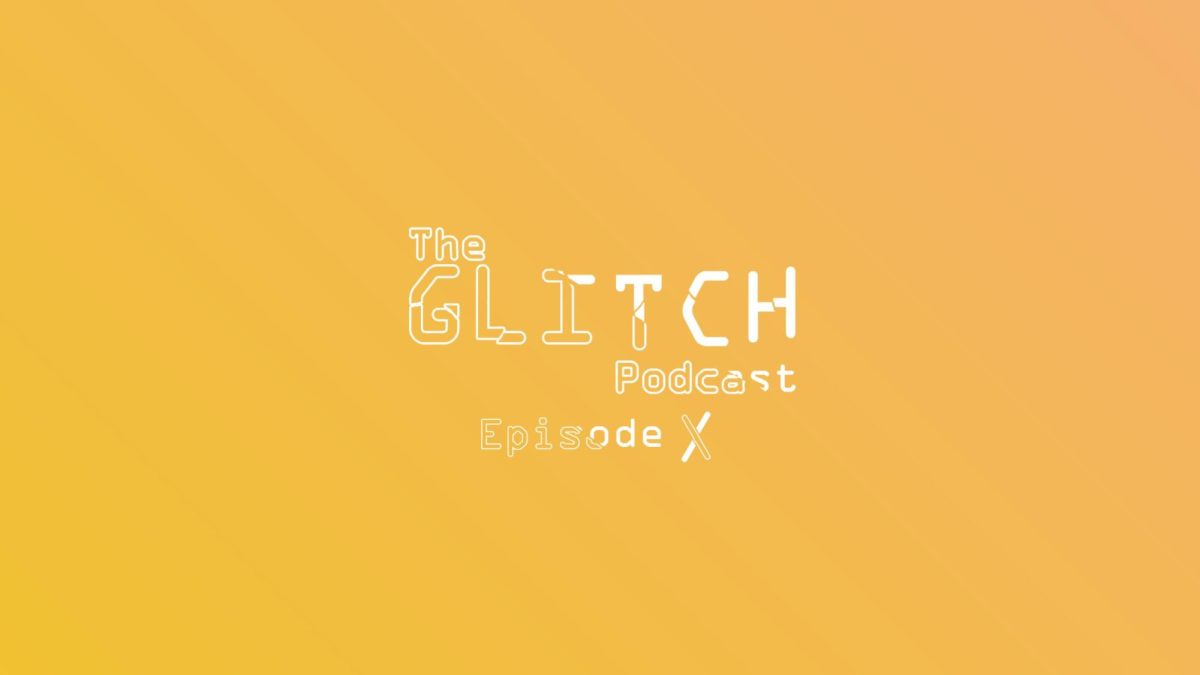It’s that time of the year again: AP teachers are wrapping up content and beginning to prepare their students for the upcoming tests in May. For many, this is a process they have undergone multiple times.
This year, however, won’t be the same.
According to Collegeboard, in May, 28 AP tests will discontinue their original paper version and move on to a digital one on the College Board’s Bluebook. 16 tests will be fully digital and 12 will be hybrid digital. For fully digital tests, students will complete multiple-choice and free-response questions in Bluebook. For hybrid digital tests, students will complete multiple choice and view free-response questions in Bluebook. Free-response questions will be answered using a paper booklet.
These tests will be operable on both Mac and Windows devices, and exam timing will be controlled by Bluebook. Accommodations, such as extended timing, will be provided.
These developments will largely alter how students take their tests this May. Last year, the AP Language and Composition exam was only administered digitally within the school. Essays that were once hand-written were instead typed.
AP English Language and Composition teacher Karen Whitney believes these changes prove both beneficial and problematic depending on the circumstances.
“In terms of writing, it’s really helpful, because kids can make edits as they go,” Whitney said. “They can go back and forth between essays. If they finish, they can move on to another one, or if they don’t finish, but they want to move on, they can come back and all that. I think in terms of the reading analysis, it’s not as good, because I think kids like to be able to write on the paper and take little notes or highlight or underline things. But I think overall, generally, I think scores have gone up since it went digital.”
Tvisha Dave ‘26 is currently taking five AP classes and has taken AP exams in both her freshman and sophomore years.
“I think these changes are definitely helpful in written exams like AP Lang, because it is much more convenient to type an essay and it’s more convenient for the graders as well,” Dave said.
“But I would be fully against exams like chemistry and math being fully online, because it’s very difficult to show your work if it’s online. I know this year they’re hybrid, and I feel like that’s fine.”
As a result of these changes, Whitney has adopted her teaching methods and assignments in class to be completed digitally. She finds these adjustments to be less demanding.
“We used to do pretty much everything handwritten, which kids didn’t love because their hands got tired, and teachers didn’t love because we had to read all those handwritten essays,” Whitney said. “It makes it easier for everyone.”
For now, students will be focusing on preparing for their tests. For some, this year’s exams will be their first digital ones.
“[It’s best to] really tailor your studying to the AP exam you’re studying for,” Dave said. “For example , for computer science, it’s not really a class that you can plan for. So I would start studying earlier and just go over the concepts you don’t know versus, like, if you’re taking AP history, then it would be more helpful to study closer to the exam, because it’s a lot more memorization.”
According to College Board, effective methods of study include drafting a study plan and reviewing the format of the AP test. The Princeton Review also suggests referring back to old material and investing in an AP prep book. Depending on the exam, students should start studying one to three months prior.
“I think [it’s important to] just practice as much as possible,” Whitnesy said. “We do, obviously, a lot of practice in class, but there’s other ways you can practice in AP classroom, and there’s tons of other sites that you can do. That kind of would help with all standardized testing.”
Students can familiarize themselves with the digital versions of AP exams using the test previews available on Bluebook.

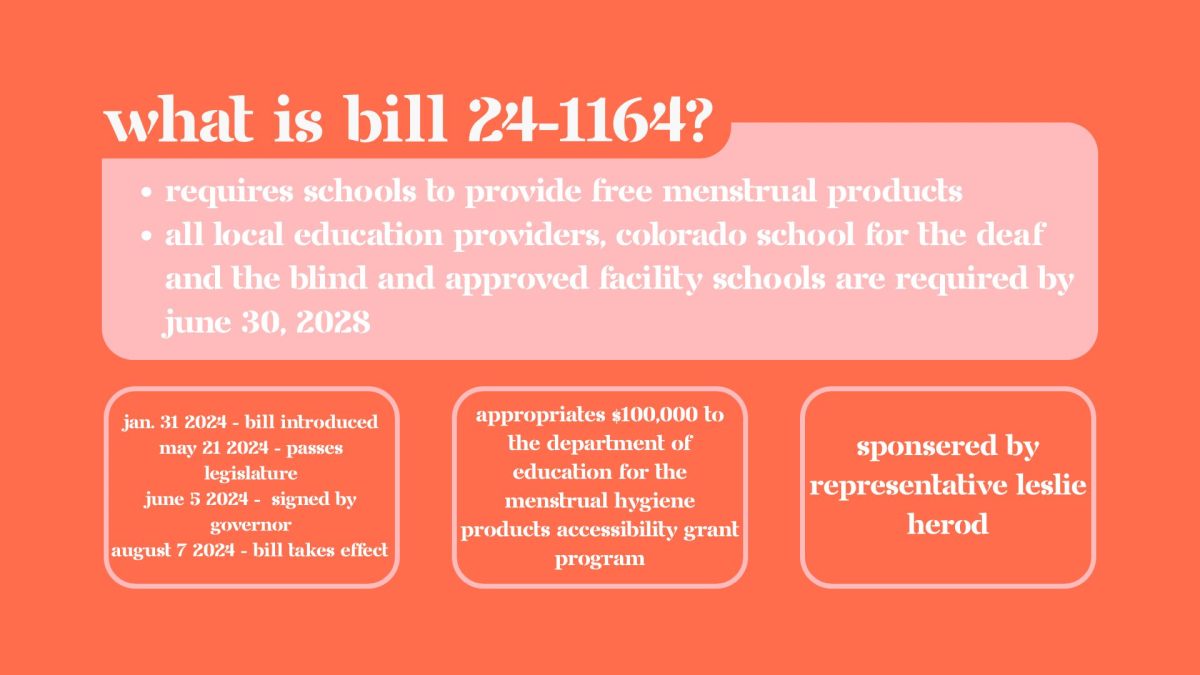

![Minutes before the Activities Fair in the gym, president Abhi Gowda ‘26 prepares the stall for his club Helping Hands, Sept. 4. A relatively new club, Helping Hands was co-started by Gowda and focuses on assisting the homeless, and just last year they succeeded in raising a couple hundred donations to send to shelters. This year, they have goals to expand, with hopes to increase volunteer opportunities and take in-person trips to shelters, as well as extend their help beyond just homeless people. “The Activities Fair gives a lot of underclassmen the opportunity to really get to know the Canyon culture, and it gives them many opportunities for service and volunteering,” Gowda said. “[Through the Activities Fair,] I hope to find a bunch of new and passionate members about our club and just get our name out there and spread awareness to the cause that we’re fighting for.”](https://rockmediaonline.org/wp-content/uploads/2025/09/1-2-1200x885.jpg)


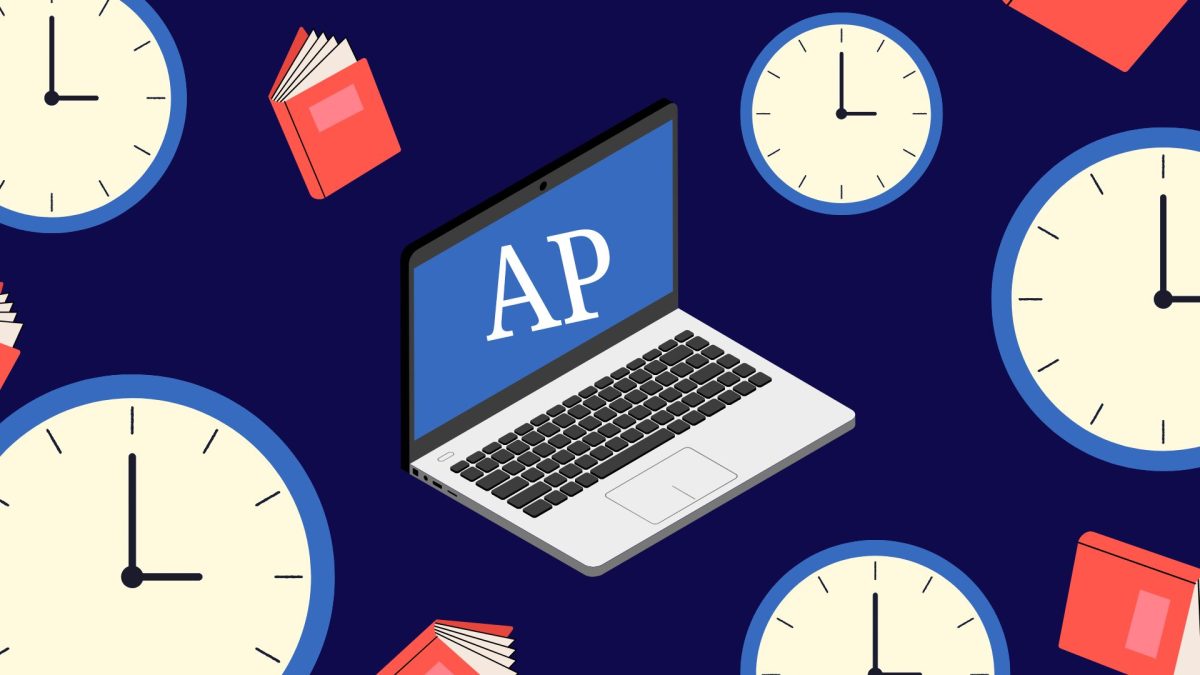




![The winter guard team makes fifth place at the state championship finals in the Denver Coliseum, March 30. The team performed to Barnes Country's “Glitter and Gold,” lead by coaches Margo Sanford, Blair Bickerton and Anna Orgren. In their class there were a total of nine groups participating, and the top five who made it to finals received a plaque. “[Walking onto the stage] is very nerve-wracking, but also very exciting as well. When you first start color guard there's a lot of anxiety and uncertainty when you first perform in front of an audience, but once you've done it for a while, it starts to become the best part of the season,” Ella West ‘25 said. “It's very fulfilling to see an audience react to something you've put your heart and soul into.”](https://rockmediaonline.org/wp-content/uploads/2025/04/Both-socal-media-nd-website-main-1-1200x846.jpg)
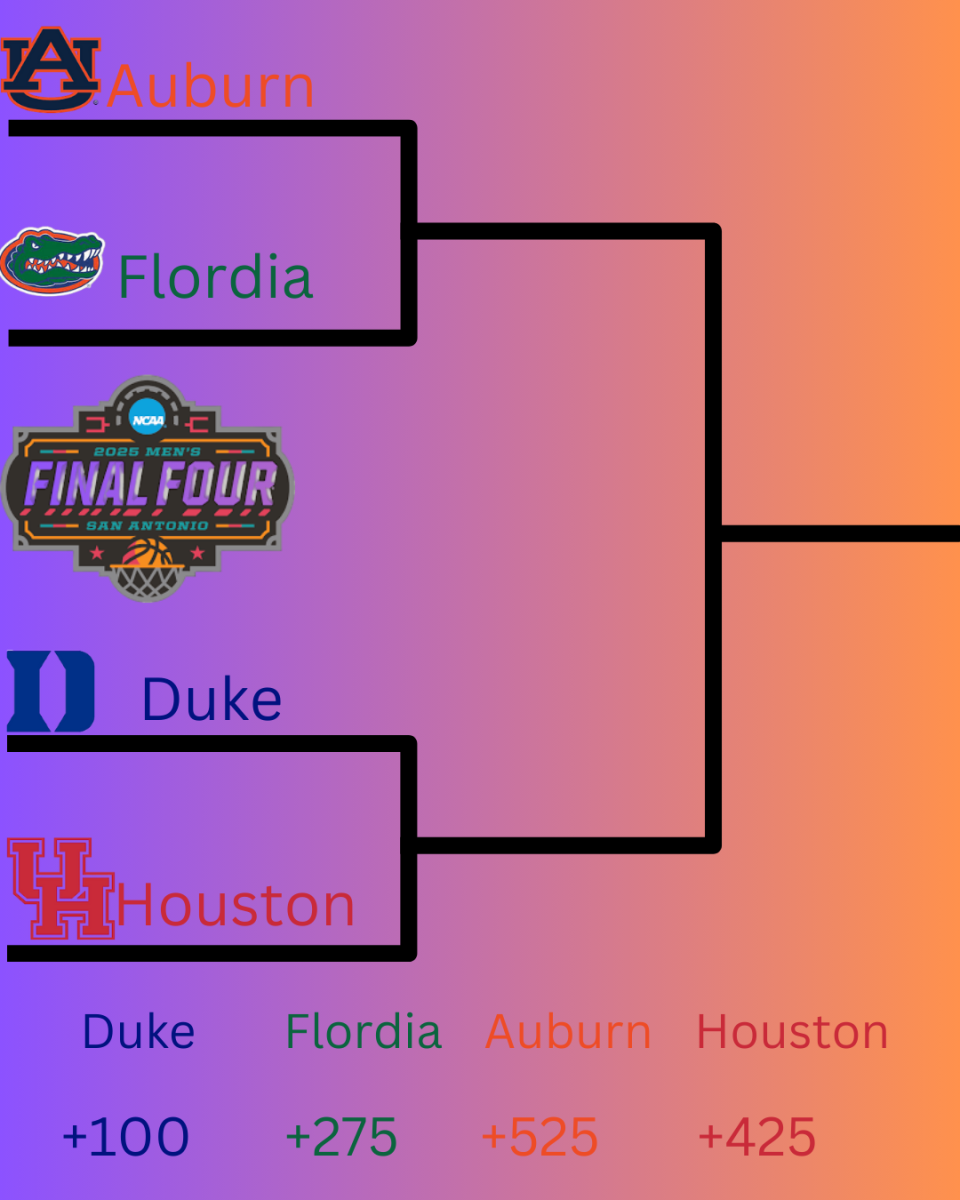

![April marks the 25th anniversary of Sexual Assault Awareness Month, created by the National Sexual Violence Resource Center (NSVRC). This month is to spread awareness of the harassment, assault and abuse that happens around the world. The symbol that represented the month was a teal ribbon; however, some survivors of assault create different symbols and movements like the TikTok trend in 2022, where survivors would tattoo Medusa on their body, in honor of her backstory in Greek Mythology. “I don't think [this month is known] at all. I rarely see anybody talk about it. I rarely see much of an emphasis on posting it online, or much discussion about it, and I feel like there needs to be way more discussion,” an anonymous source said. “I think just validating every experience that a person has gone through, regardless of the degree of it, the severity, is an essential step into making sure that people are aware that this is a very real problem in a society and that we need to do better in addressing it.”](https://rockmediaonline.org/wp-content/uploads/2025/04/IMG_0011-1200x900.jpg)


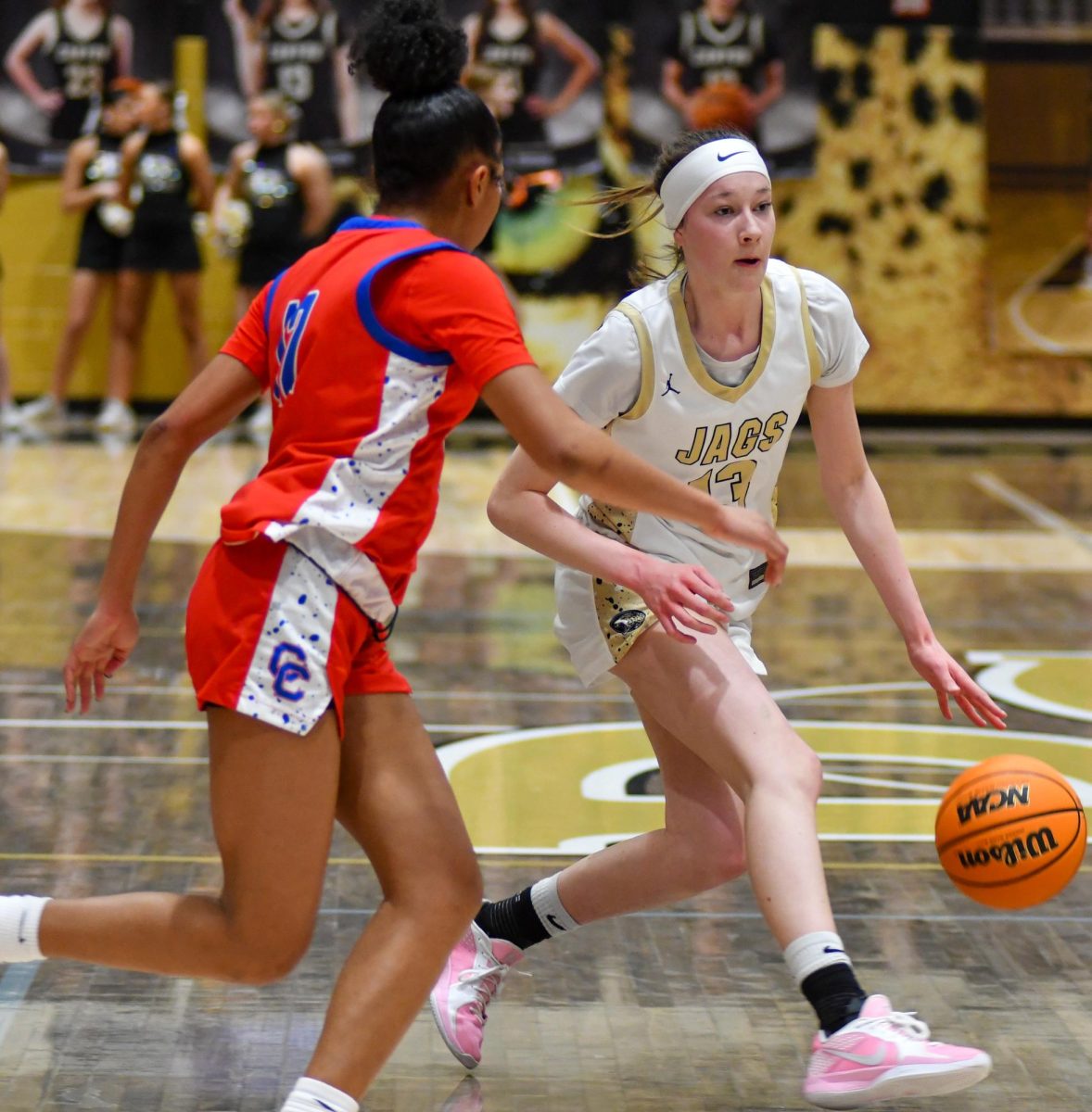



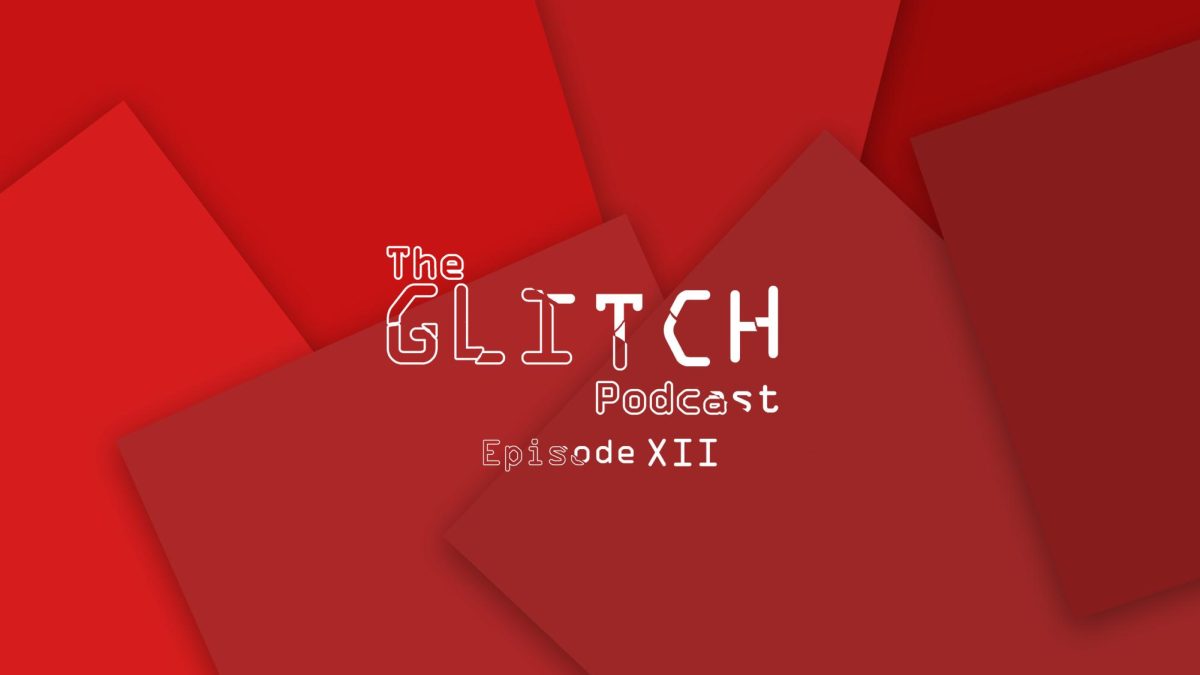
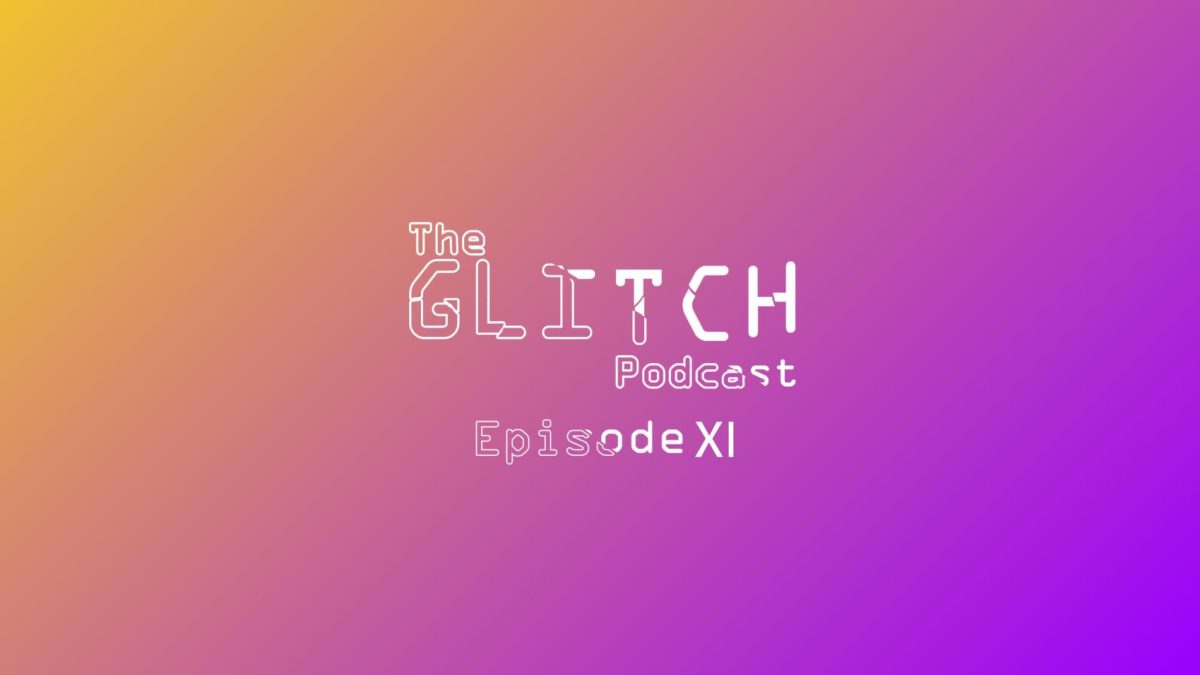
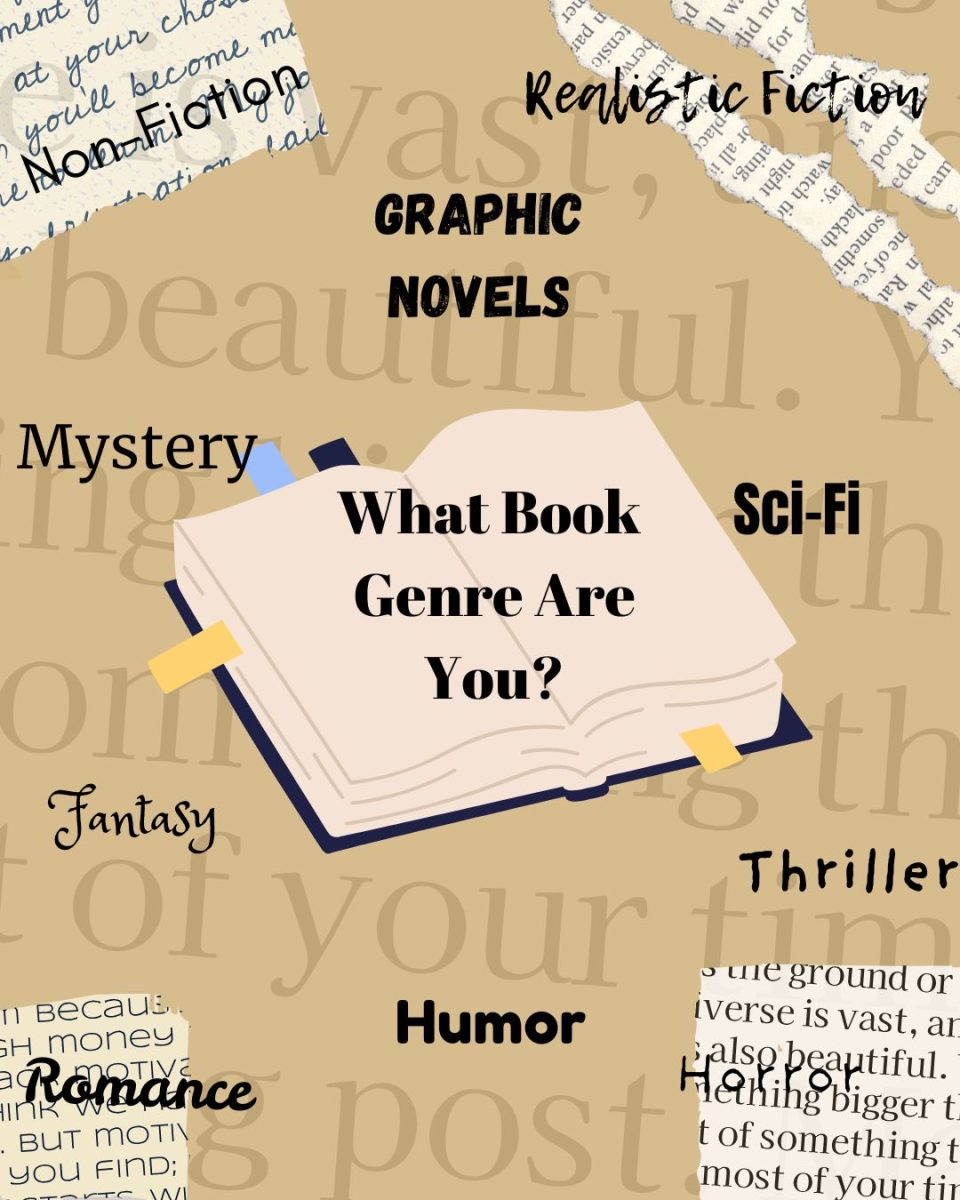



![Lesbian Visibility Day is April 26, and it’s a holiday to celebrate the lesbian community of the world. Lesbian Visibility day was established in 2008 by many queer activists and organizations who sought to raise more awareness for lesbian history and culture. “So this is why during Lesbian Visibility [Day] we celebrate and center all lesbians, both cis and trans, while also showing solidarity with all LGBTQ+ women and nonbinary people,” Linda Reily, in an article written by her, said.](https://rockmediaonline.org/wp-content/uploads/2025/04/Lesbian-Visibility-day.jpeg)




